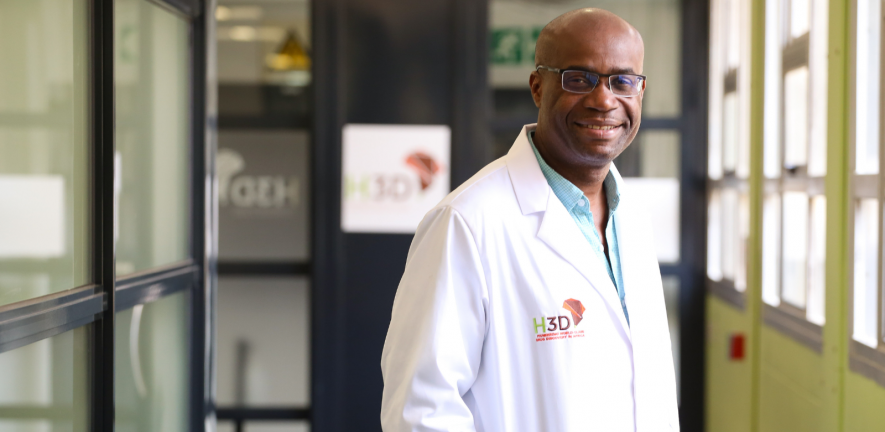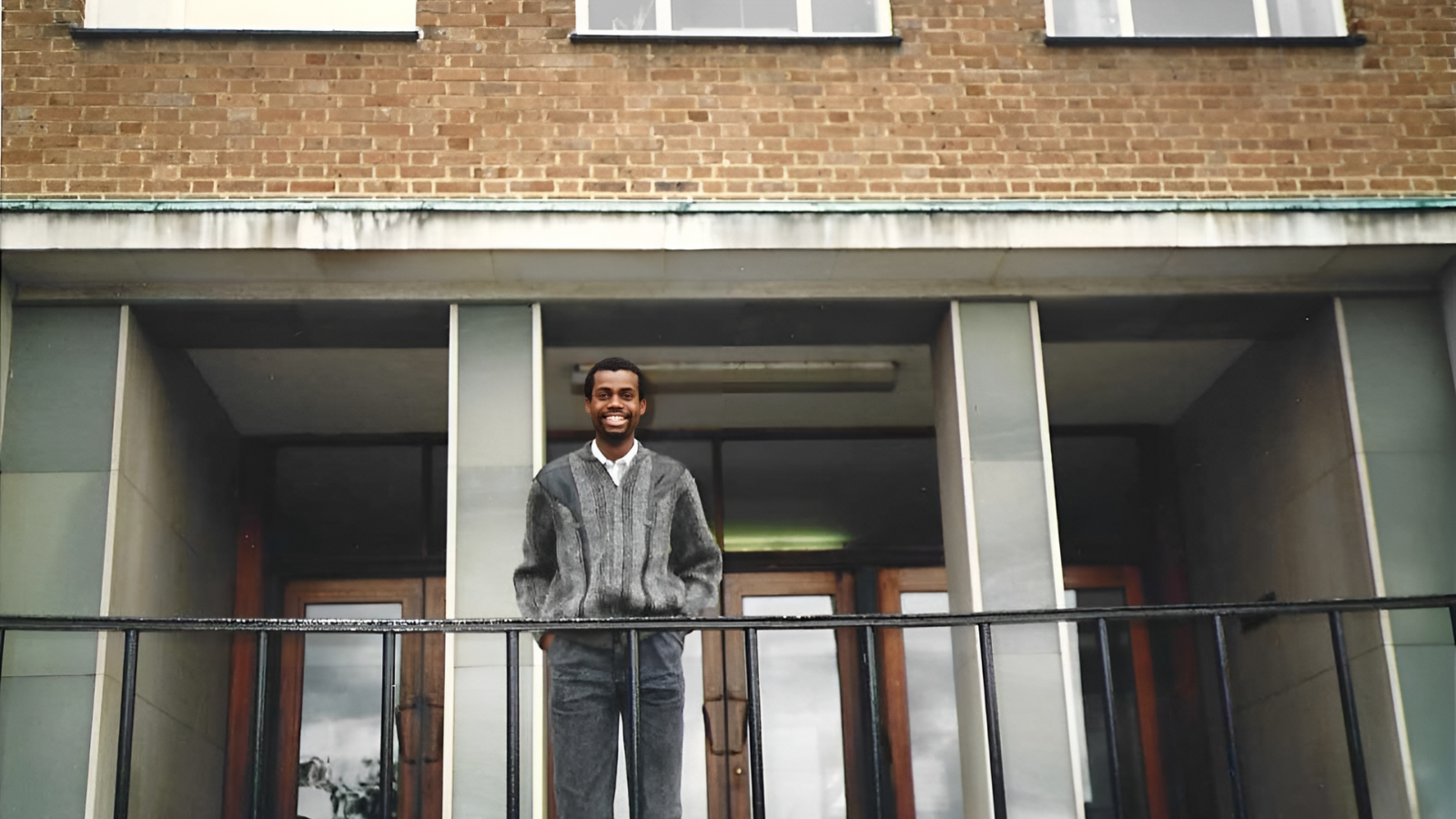
Kelly is Professor of Organic Chemistry and holds the Neville Isdell Chair in African-centric Drug Discovery and Development at the University of Cape Town (UCT). He is also the founder and Director of UCT’s ground-breaking Holistic Drug Discovery and Development Centre (H3D), one of only a handful of integrated drug discovery centres world-wide embedded within an academic institution.
Royal Society Africa Prize
In August, Kelly was awarded the Royal Society Africa Prize for his exceptional leadership and groundbreaking research in African endemic diseases. Kelly’s synthetic organic chemistry and drug discovery research at UCT focuses on malaria, tuberculosis and antibiotic-resistant microbial diseases. But when Kelly moved to UCT in 1996, he soon discovered a problem – the researchers had limited translational research infrastructure and technology platforms. “I realised that I needed to also work on using science for development, meaning scientific entrepreneurship, to create capacity to attract, develop and retain talent in Africa,” he says.
“This is why I founded H3D in 2010, which brings together all the disciplines you need to move a project from the lab to the clinic. We had to build the infrastructure and technologies from scratch, and also build a critical mass of talent. We now have an integrated, world-class centre. I feel very proud about my leadership of H3D, which has grown from five to 76 people.”
H3D was selected by Johnson & Johnson last year as one of three J&J Centres for Global Health Discovery worldwide (the other two are in London and Singapore). Kelly still maintains his separate and independent academic group training PhD students and postdocs.
Another strand of Kelly’s research is to develop tools and models to improve treatment outcomes in people of African heritage. “We want to address the longstanding problem of sub-optimal efficacy and safety of medicines used in Africa,” he says. “The African population is the most genetically diverse on the planet, but most clinical trials still use northern European males.”
“We have to consider the African perspective in terms of intrinsic factors like our physiology and genetics, but also extrinsic factors, like the ways Africans practise medicine. For example, at what stage in an illness they go to the doctor, which is usually quite a bit later in Africa. There are also many co-morbidities, which complicate matters.”
Artificial Intelligence 2050 Senior Fellow
In October, Kelly was one of seven scientists selected as Artificial Intelligence 2050 (AI2050) Senior Fellows by the philanthropic organisation Schmidt Futures. The honour recognises established leaders who are working on ways to increase the beneficial promise of AI.
AI2050 fellows receive a two-year award to work on specific projects that use artificial intelligence for the benefit of society. This is particularly valuable in Africa, according to Kelly, who recently published a paper in Nature Communications which demonstrates how AI can fast track progress in resource-limited settings.
He was also one of 15 global leaders in drug discovery brought together by the Wellcome Trust to inform the Boston Consulting Group landscaping report Unlocking the potential of AI in drug discovery.
“Most of Africa doesn’t have the infrastructure we have here in UCT, and AI presents a real opportunity with its potential to speed up the process. In some cases, you don’t need very sophisticated computational infrastructure to use AI to meaningfully participate in drug discovery.”
It all started in Cambridge

Kelly remains grateful to Stuart Warren for the guidance he gave when Kelly arrived from Zambia for his PhD. “I was very disadvantaged and very ill prepared; everything was completely unfamiliar. But Stuart was such an incredible teacher. If you consider the size of his group and how many people have gone into academia, it’s remarkable. Stuart laid the foundation for the person I am today professionally. His intellectual ability raised the bar and standard for me to aspire to.”
Kelly, who himself came to Cambridge on a scholarship, played a key role in setting up the Stuart Warren Studentship, which provides a place at Churchill College for a PhD student from Africa to study chemistry.
The first holder of the studentship, Choonzo Chiyumba, started here last year and is designing artificial metalloenzymes that can act as catalysts (see Chem@Cam Spring 2023 Issue 66). “I had nothing to do with her being selected, but it’s remarkable that Choonzo is also from Zambia, where I came from.” What goes around comes around.
This article first appeared in Chem@Cam magazine Winter 2023 Issue 67 pg 16.

